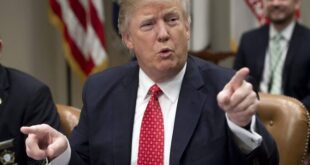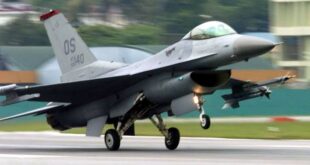
LAHORE/ISLAMABAD:
Prime Minister Shehbaz Sharif will appear before the special court hearing a money laundering case against him and his son, Chief Minister Punjab Hamza Shahbaz, on Saturday .
Sources privy to the development said the “sudden” decision of the prime minister, who has been skirting the hearings in the case, was taken in the light of counselling given his lawyer Amjad Pervez.
They added that the decision to face accountability was prompted by the Chief Justice of Pakistan (CJP) Umar Ata Bandial’s suo motu notice of “perceived interference” by “persons in authority” in investigation and prosecution of criminal matters against government officials.
According to a press release issued by the Supreme Court, the CJP took the notice on the recommendation of a fellow apex court judge about the “perceived interference in the independence of the prosecution branch in performance of its powers and duties for the investigation and prosecution of pending criminal matters involving persons in authority in the government today.”
The father-son duo were set to be indicted but the matter has been delayed since February.
Meanwhile, the perception that the PML-N was coercing the courts to drop cases registered against it became all the more pronounced when FIA’s former director Mohammad Rizwan, who was probing the case, died of a heart attack.
Pakistan Tehreek-e-Insaf (PTI) Chairman Imran Khan had alleged that Punjab Chief Minister Hamza had “threatened” Rizwan due to which he was under “immense pressure” and died as a result. Imran has also claimed that FIA officials were either being transferred or threatened since the new government came into power.
Last week, reports emerged that the FIA had withdrawn its case against Shehbaz and Hamza. The FIA subsequently issued a press release repudiating the reports, saying that the “case has not been withdrawn” and court proceedings were ongoing.
Shehbaz and his sons — Hamza and Suleman — were booked by the Federal Investigation Agency (FIA) in November 2020 under Sections 419, 420, 468, 471, 34 and 109 of the PPC and 5(2) and 5(3) of the Prevention of Corruption Act and r/w 3/4 of Anti Money Laundering Act.
Fourteen others were also named in the FIR under Sections 5(2) and 5(3) (criminal misconduct) of the Prevention of Corruption Act, read with 3/4 of the Anti-Money Laundering Act.
 Pride News Daily NEWS
Pride News Daily NEWS





